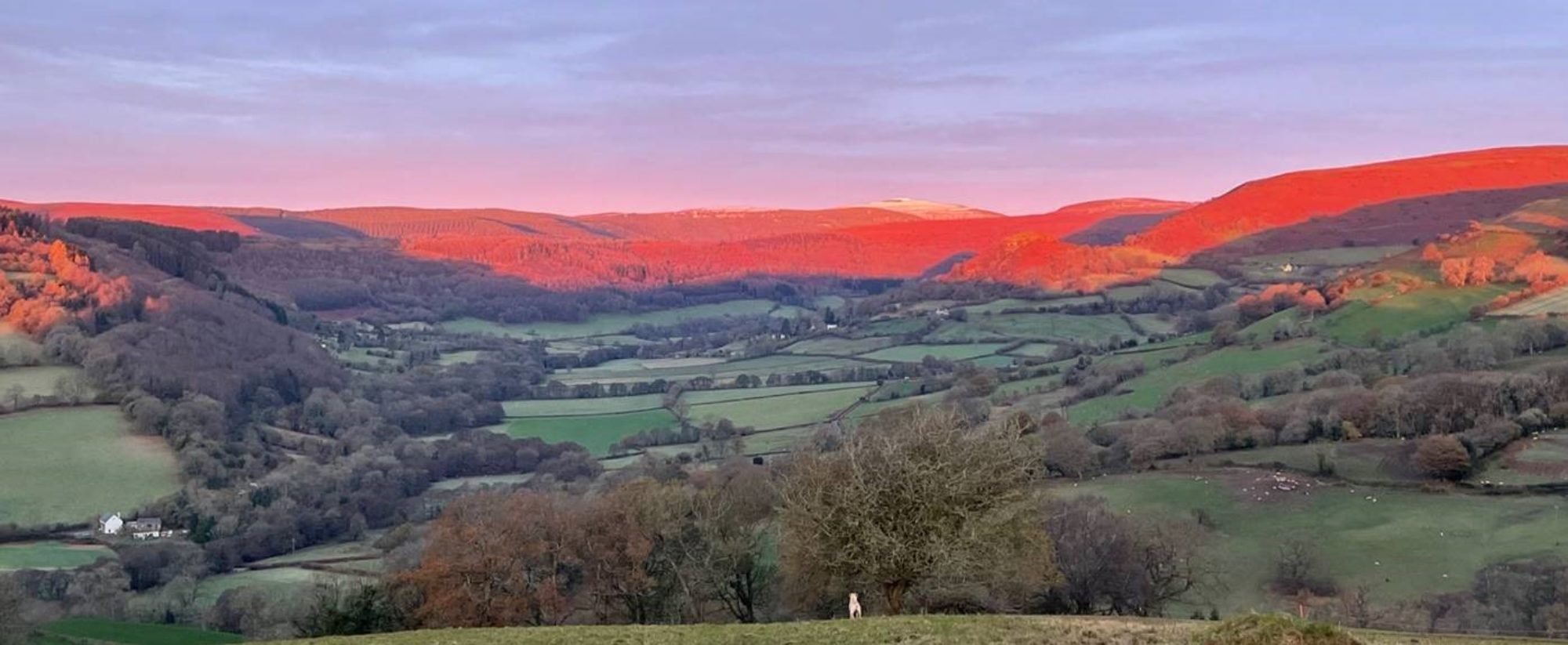I thought I could get away with it. Remain objective, unemotional even, coolly and scientifically detached about change in the countryside. But I was wrong. (updated 4.23, 2.24, 11.24, 2.25)
It was working on interviews with Professors Tim Benton and Charles Godfray. The enormity and range of issues on which change and disruption is happening litterers our timelines and headlines. All the while, our brains are rewiring on how we often communicate online, while navigating a febrile post-Brexit, Covid19-fallout, war-torn backdrop, politics shifting, climate-anxious era.
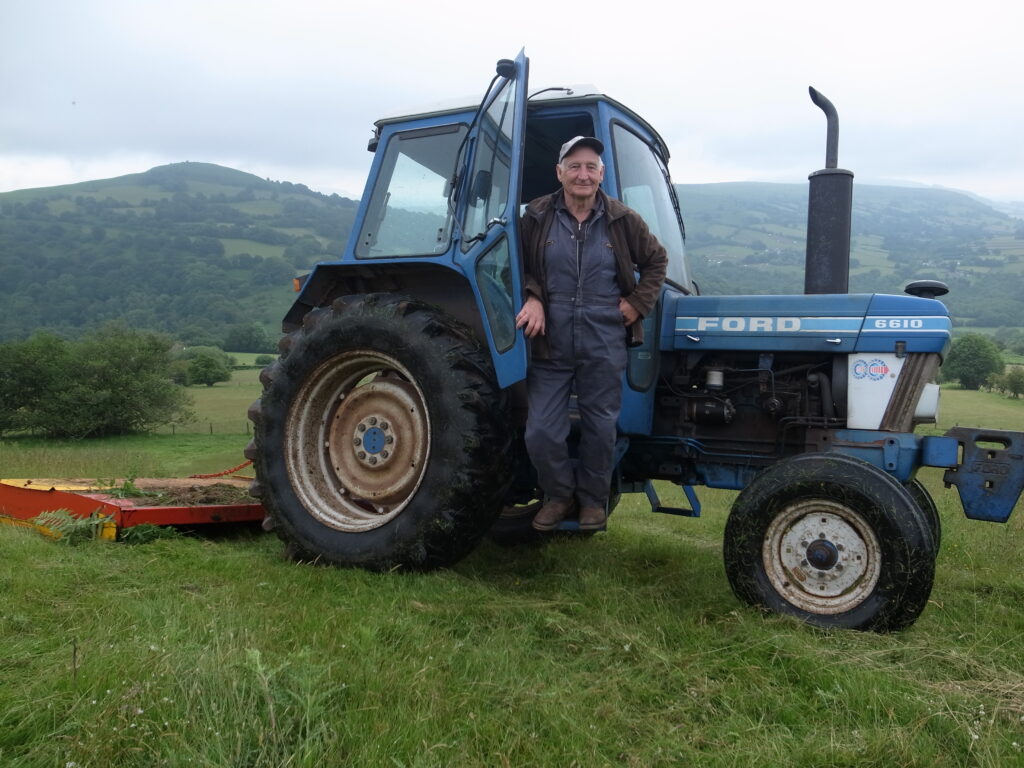
Word – paper – online
Why do I refer to the ‘Gutenberg moment’? Because that’s when the printed word (the Gutenberg press) replaced the spoken word, as the online word now replaces the printed word (when did you last buy a newspaper?) Rapid-filed unchecked articles, social media soundbites, context-free headlines, deleted tweets and software skewed algorithms – all fill our airwaves (or should that be webpages?)
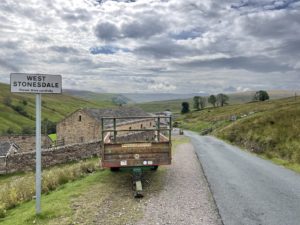
No landscape is perfect for every human or wildlife purpose at any one given time – especially within a context-free smartphone snapshot
Tractors
The speed of evolving issues and communication, is breathtaking. Especially for primary industries such as farming, forestry, aquaculture at the frontline of the environment. Industries (some being reinvented as less industrial entities) used to slower long term thinking around land use based delivery of government policies which risk being outmoded before the ink is dry on passing new laws.
“The status quo is over” a rural business leader at the RICS breakfast, The Royal Welsh, 2018
The framing of topics is often set to the backdrop of the Environment Act 2021 than the rarely mentioned Agricultural Act 2020; even if the latter was intended to deliver the former. The cost is now counted in lurid ‘nature depleted’ State of Nature reports with bespoke headlines suited to a media splash; fast-moving ‘natcap’ LinkedIn-based markets leave minority ‘interested parties’ in their wake – with unforetold impacts on rural ‘green space’ mental health.
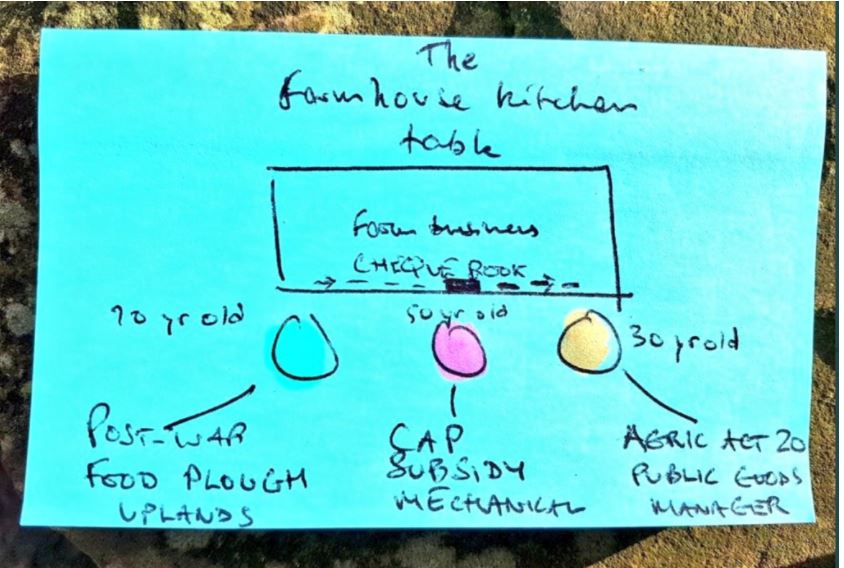
The post-war ‘food sufficiency-at-all-costs’ generation is passing. Though they are still ‘at the [farm]table’ (see above pic) hardwiring ‘every field for food, every tree for trenches, every rural hand to work’ while society sets new demands and fresh policies. [And governments fill financial black holes without checking their blindspot on how this might play out.] The atmosphere of any multi-generational farmhouse is a febrile one for any business – let alone one at the vagaries of increasingly extreme climatic and political ‘weather’.
Trees
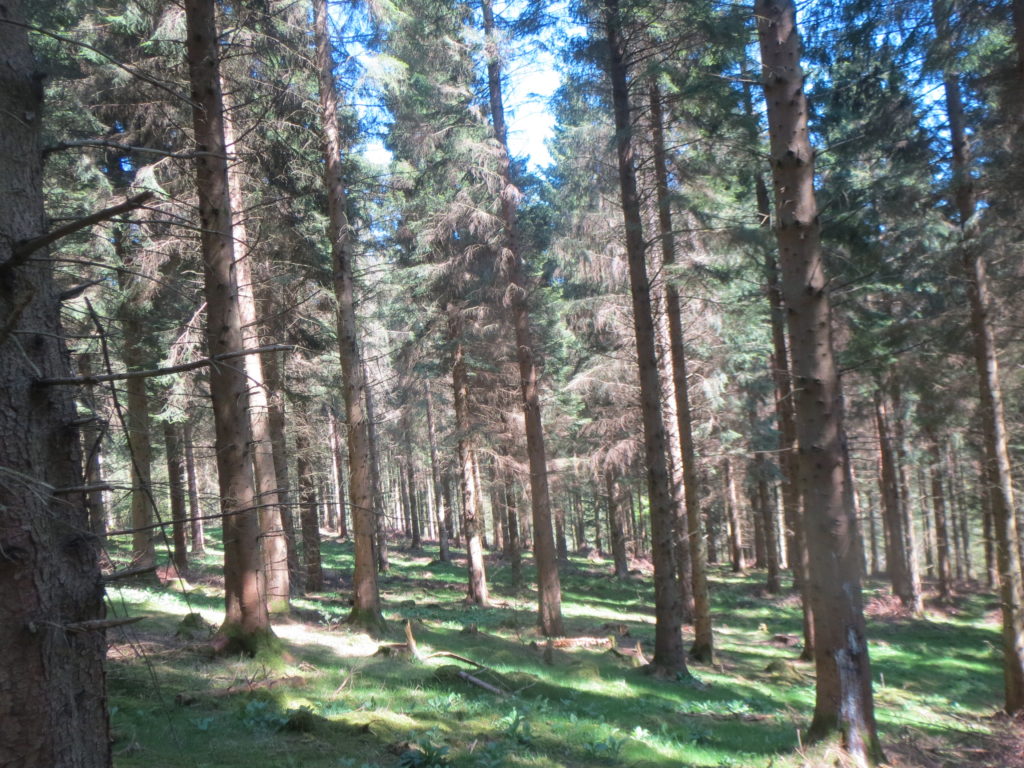
The journey for forestry or woodland is similar to farming. My father, a onetime District Officer forester for the Forestry Commission in Cumbria, Argyll and Gwynedd, planted acres of softwood ‘plantations’ in line with government timber policy. He retired early to then become an early pioneer for Continuous Cover Forestry in the UK.
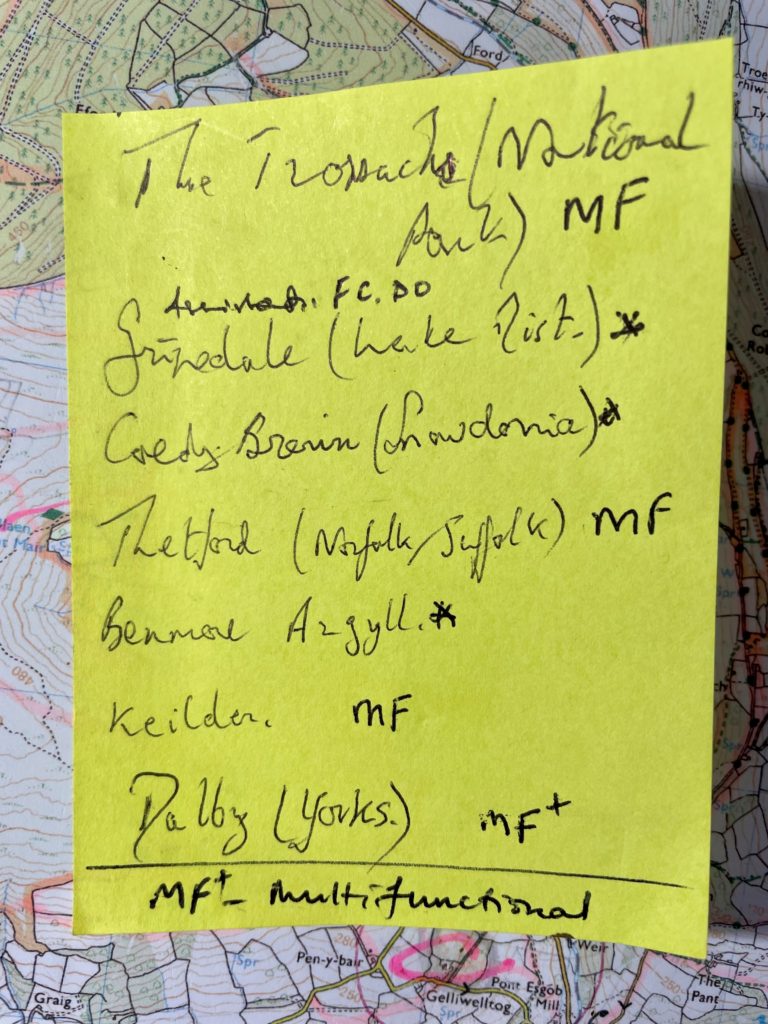
Many of these forests are now being harvested or lauded as mountain bike parks. As new planting falls behind, imports increase, while single-issue campaigning organisations take the role of ‘public image trees‘ and socially ill-equipped carbon ‘hunters’ stride onto the scene.
Wildlife keepers
The above issues are integral to farmers, foresters, gamekeepers, ghillies, stalkers, rangers, wardens who are out there working in the rural sector. Sometimes too isolated, too time-poor, and reliant on others to speak on their behalf, who may not always be authentic as to putting across a diversity of views.
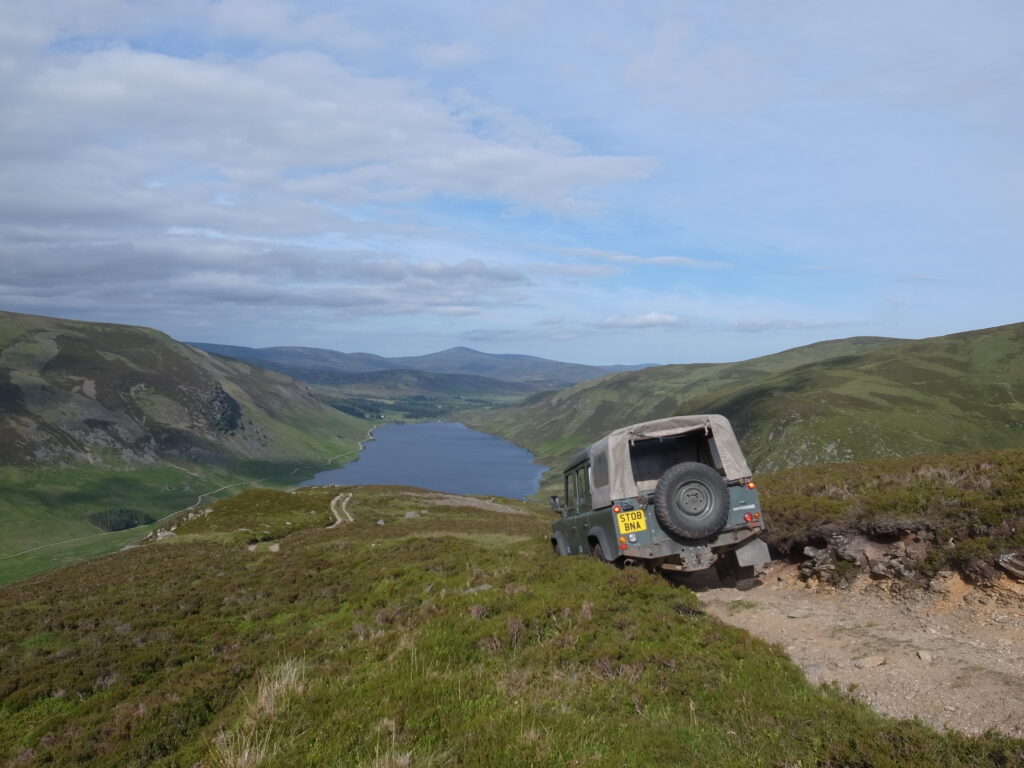
Adapt
This is not about business as usual. It’s about a ‘just transition‘ (the “just” word is an easy ambition, harder to convey in reality). Detecting the direction of ‘social licence’, the public gaze, the voter’s Overton Window, while finding time to respond to a short window consultations, is testing us. Somehow it’s about working alongside other people with whom we may disagree: resilient, by hook or crook, sharing ideas and shelving ideals to adapt and stay relevant within evolving rural communities.
At the same time it’s about celebrating, acknowledging and perhaps accepting a time to mourn those who undertook farming, forestry and land-based practices within a different era. And for those whom may find it well nigh impossible to change.
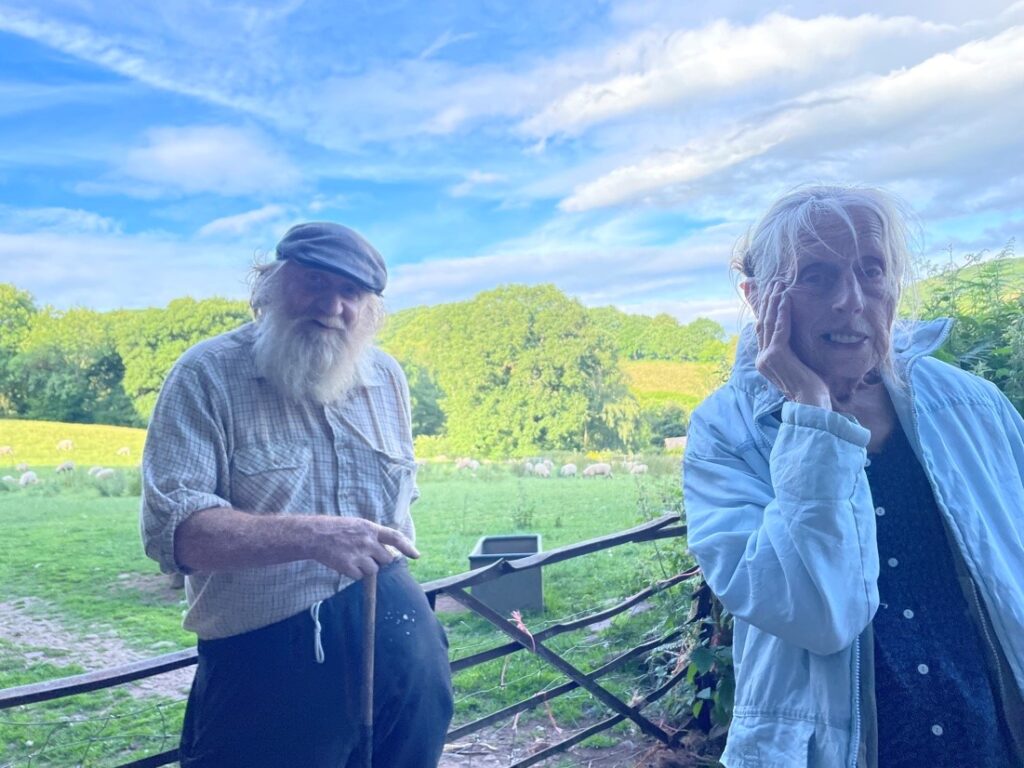
‘What’s good for farming may not be good for farmers’ | ‘What’s good for forestry may not be good for foresters’ | What’s good for nature restoration may not be good for conservationists’ |‘What’s good for ‘keepering’ may not be good for gamekeepers’
“I am reluctant to invalidate the best of us in an attempt to punish the worst” Nick Cave – Red Hand Files
While change is upon us, and tribal humans are prone to airbrush out past context to suit modern narratives, we must try and create that space for primary industry related livelihoods to engage and adapt.
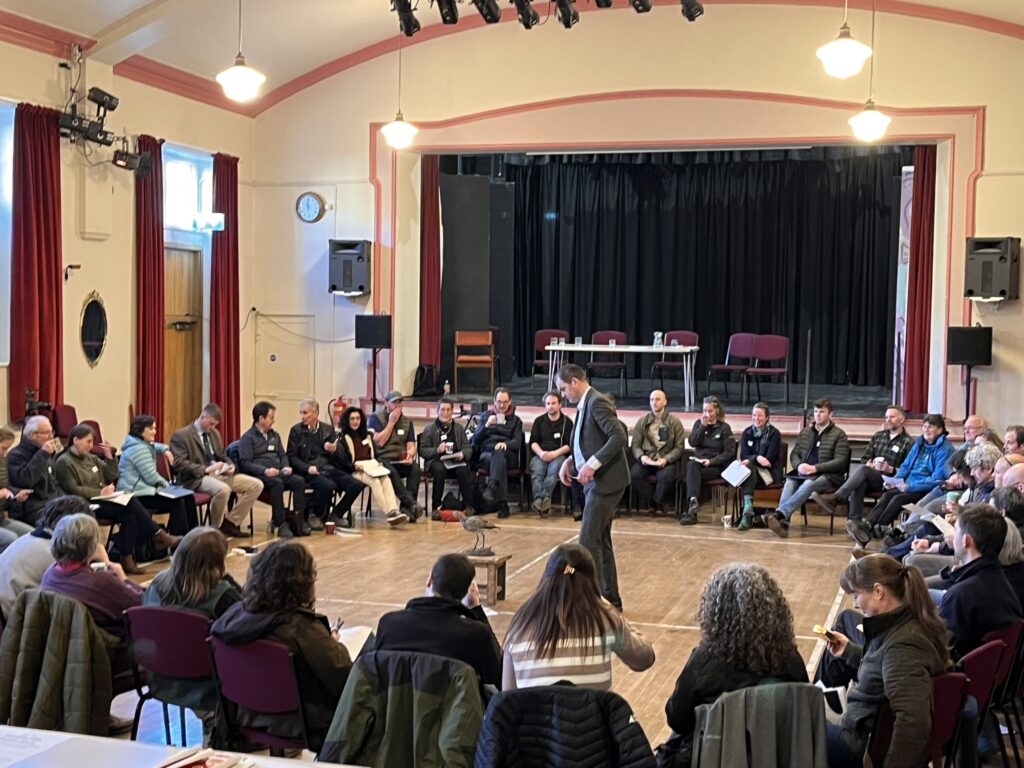
Human, not evidence, based
For all the science, hard facts and uncertain evidence we have, the spectrum of diverse human nature underpins this ‘Gutenberg moment’. The more immersed you become in the topics, the harder it is to remain insulated from the raw effects of a transition – ‘just’ or otherwise.
It’s damn rough. I saw it in my late father, local farmers in the pub, foresters online, land agents in the field, wardens on reserves, ecologists at conferences, conservationists all; passionate hot emotion can run deeper than cold evidence-based science.
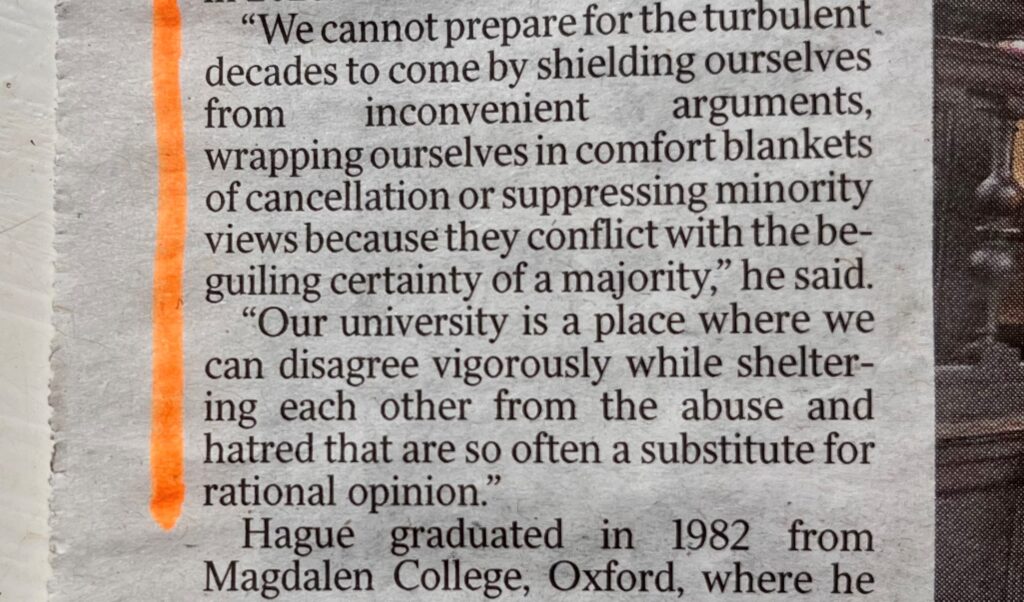
There are many ‘beguiling’ narratives, many of them contested within the same space, tricky trade-offs we dare not explore too far for fear of losing our audience as change unfolds on so many fronts.
“Our people, language and culture are being wiped out by people from elsewhere with no understanding of the issues…it is really adversely affecting my people…the people I’m here to serve”
a rural chaplain in Wales
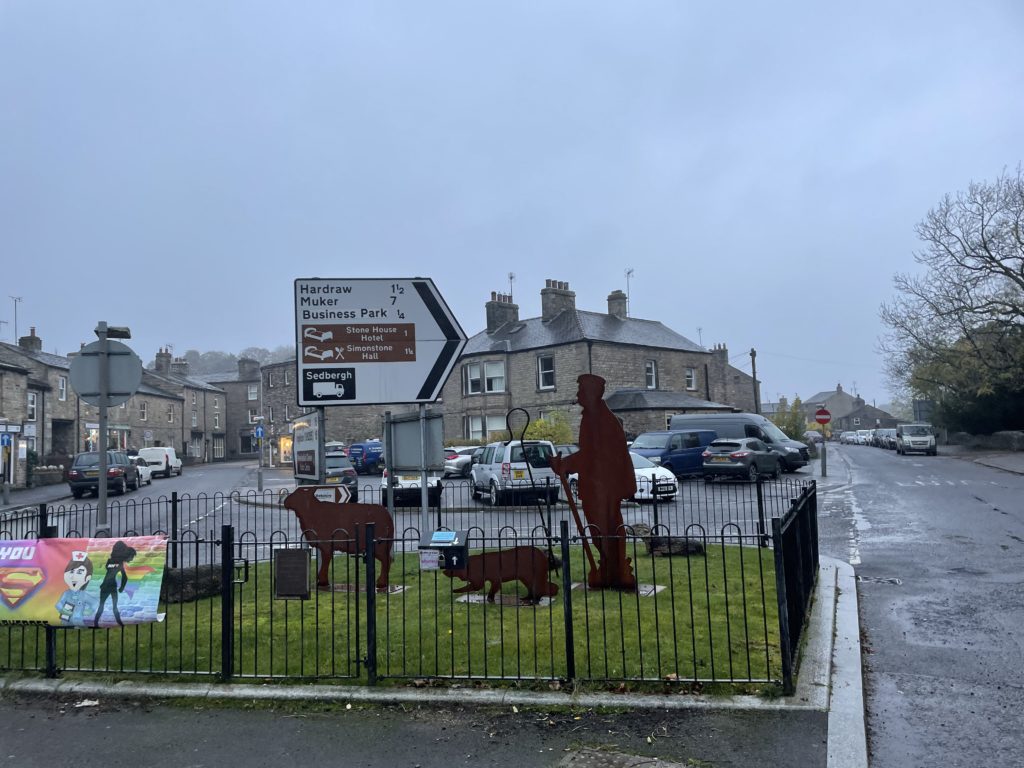
Nudge and graft
This is going to be hard graft. It’s important to say that. In some cases there may be more trade-offs than win-wins when we so want to start with what works rather than what doesn’t. It’s a tough line to tread when trees are negatively correlated with curlews, regenerative agriculture doesn’t fit potato farming practices and red kites are downed by wind turbines.
‘climate resilient development benefits from drawing on diverse knowledge, (high confidence)’ IPCC, 2023
It’s time to remove rose-tinted glasses to make room for a more diverse range of farming and land-based practices. Try and resist feeding the media manna to leverage one land use against another. Aim to nudge narratives on environmental nuances into the open. Tolerate alternative viewpoints on land use in seeking to bring together a wide range of voices.
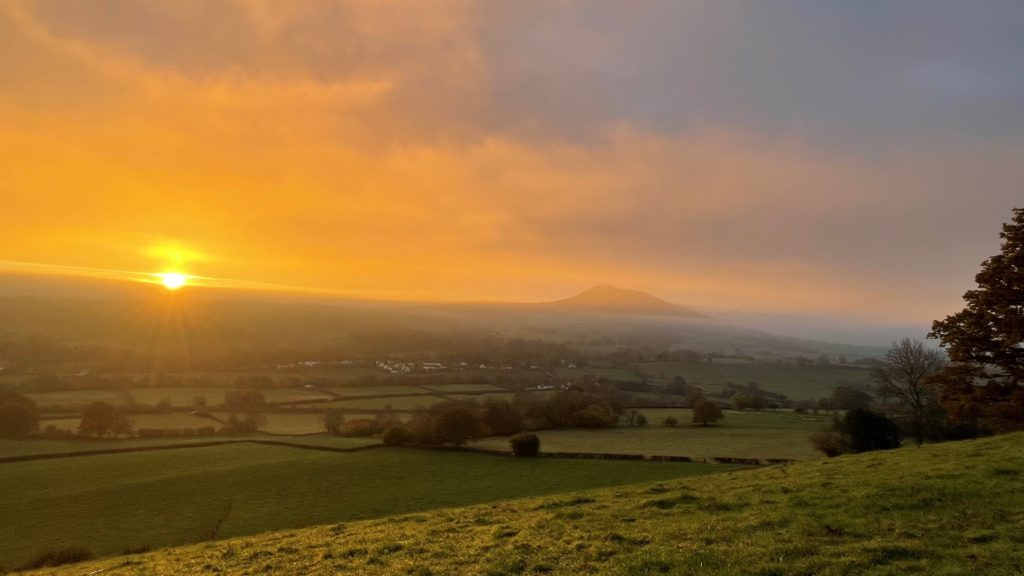
The Benton interview is a tough read. As is the Godfray one. The scale of change is writ large. The policy advisers and politicians will come and go, academics plod on (often in siloes) but long-term rural memory does not so easily. Let’s challenge ‘business as usual’ (a land use consultation here) but also respect and keep those who need to be in the room, in the room.
‘Progress will depend on conservationists forging novel collaborations with the agriculture sector’
Prof Andrew Balmford, 2025
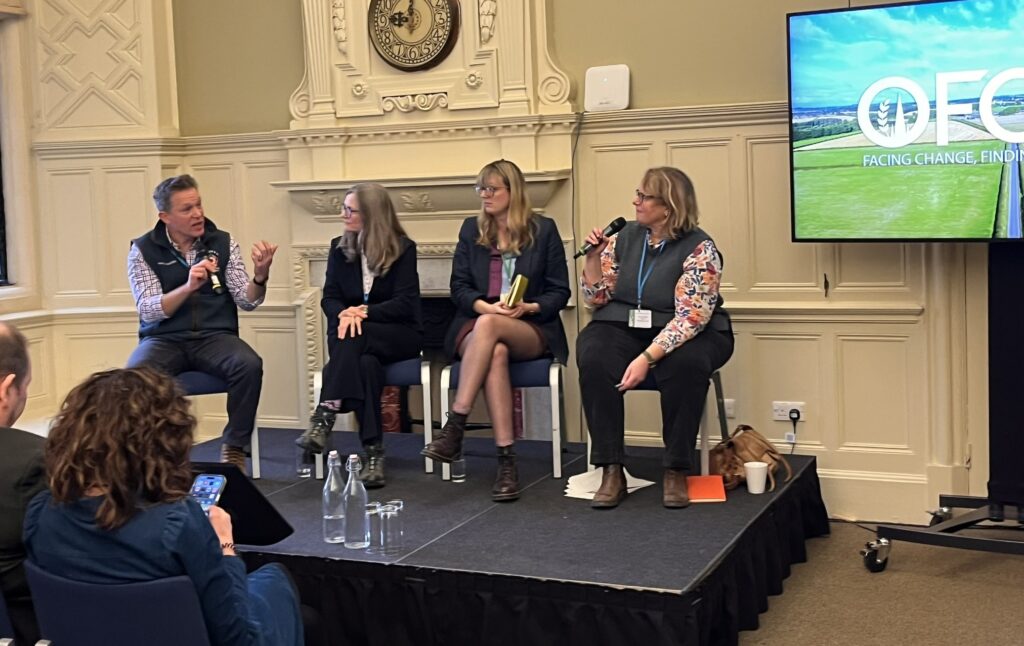
Pingback
a blog on mental health – from my published submission to EFRA Commons Select Committee and their response to their consultation)
Creating
Just one creative way to enable space to hear/learn/exchange a diversity of views, not just the ones that want to be heard, while being aware of your blind spot.
